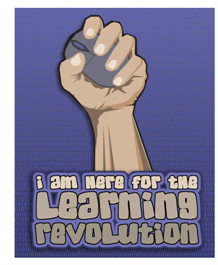I thought the first year of studies at GSE was the most difficult because of many reasons. Firstly, it was challenging to find a place to stay during the period of studies and reading articles and analyzing the texts overnight was overwhelming. Then the process of understanding syllabuses began as well as understanding the objectives of professors and the courses. Then the summer came and I thought “The first year of studies has finished and finally we will enjoy the process of enlightening the minds in a less stressful way”. However, this August at GSE showed how much I was mistaken.
Before this semester, we had never had four courses at the same time when every professor wants assignments to be completed almost in the same week. This would not be so difficult if we were not working full-time as teachers at schools where many issues should be discussed also in the first months of academic year. Adapting to new conditions took much time and efforts both for students and for professors.
Surprisingly, I cannot say that I am disappointed or feel that some of the courses should be taken away. I am happy because every course presented a new perspective and empowered me as a researcher and as a teacher. I took many technologies from peers when discussing teaching tools in blogs; I improved my writing skills because of timely and professional feedbacks of instructors and I encouraged my students to use blogging to improve their English.
For next online learners and instructors of the course I would suggest discussing deadlines with all professors who work at GSE. This will reduce the amount of frustration and increase the quality of assignments. In addition, I would suggest seeing the connection between Full Thesis and Mini-Thesis research areas, because the advice from instructors on combining two themes in one was fantastic, but unfortunately, I could not use it for my project and now I feel that I have missed a great opportunity. As for students I would advise them to read blogs of their peers as there they will find wonderful thoughts and ideas, also when they feel exhausted at least one blog post will definitely inspire and remind of reasons for starting this NUGSE journey.
In conclusion, I must admit that English for Thesis Writing made me reflect on my writing and teaching skills, understand the importance of feedback and share a bond of one learning community with peers.
